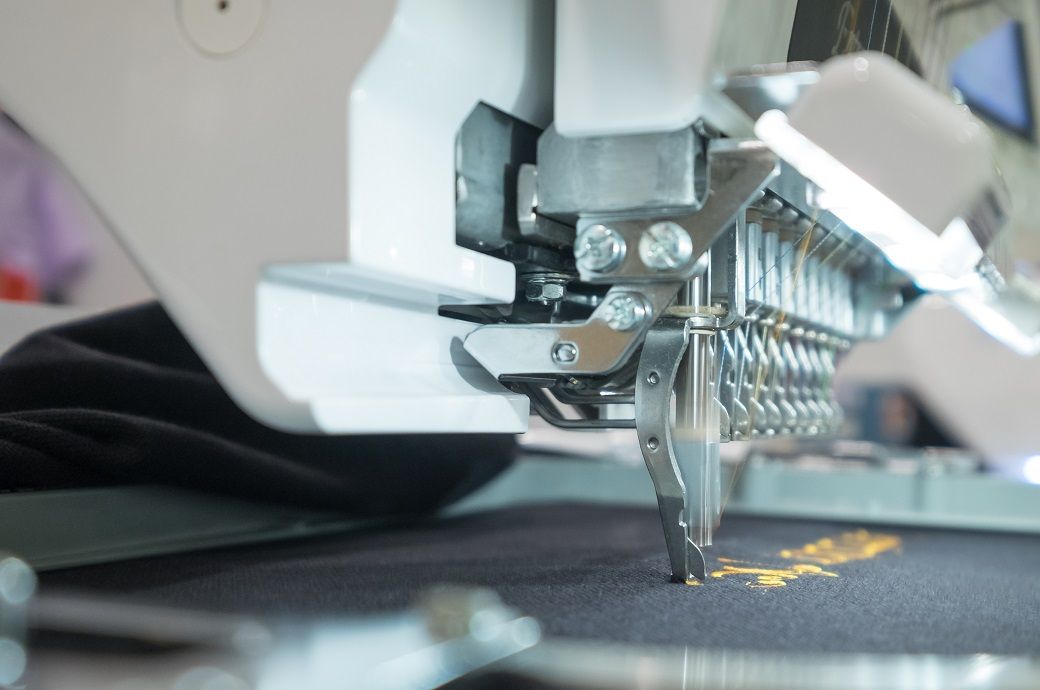
There was, however, some positive news that stemmed from the current lull in demand. Supplier performance improved at the second-strongest rate in the survey’s history and average input prices decreased for the first time since July 2020, according to the latest Nevi Netherlands Manufacturing PMI report by S&P Global.
Amid reports of weak underlying demand conditions, Dutch goods producers registered an eighth consecutive monthly fall in order book volumes in March. In fact, having quickened from February, the reduction in sales was the most pronounced since last November and solid overall. A similar trend was seen for new export orders, which declined at the fastest rate in three months and sharply overall.
Coinciding with the faster drop in new orders was a fresh contraction in Dutch manufacturing production in March. The decline in output was modest and ended a two-month sequence of growth. Companies often mentioned that the fall in output was largely a reflection of lower new order intakes.
Meanwhile, Dutch manufacturers made a substantial cutback to purchasing activity in March. In fact, when excluding the initial pandemic period, the reduction in input buying was the most pronounced since December 2011. The decision to scale back purchasing often reflected not only lower production requirements, but also growing caution towards inventory levels. As such, companies registered the strongest drop in pre-production inventories since May 2013 and a similarly marked reduction in holdings of finished goods.
Lower demand also meant that manufacturers were able to continue to focus on working through any outstanding work in March, as signalled by the steepest drop in backlogs since June 2020. Aided by the current softening of demand conditions, latest data showed a further alleviation of price and supply pressures across the Dutch manufacturing sector.
Supplier delivery times improved for a third straight month and at the second-strongest rate in the survey’s history. Concurrently, average operating expenses faced by Dutch goods producers fell for the first time in 32 months. Notably, the drop in the respective index over the past 12 months has been substantial, having reached a near-survey peak in April 2022. Nevertheless, firms continued to pass through previous cost increases onto their clients and raised their selling prices again in March. That said, the rate of output charge inflation slowed further and dipped to its lowest level since November 2020.
An overall sense of optimism regarding future output was maintained amongst manufacturers, although the overall degree of positive sentiment waned slightly from that seen in February. Projections for output growth were largely driven by hopes of an improvement in demand conditions over the coming year. Other respondents, however, were cautious about the inflationary environment and the associated potential for further interest rate hikes.
Finally, despite the current subdued market conditions, firms remained resilient in their recruitment endeavours in March and added to their workforce numbers again. The increase in employment levels was faster than seen in February and often linked to company expansion plans.
Albert Jan Swart, manufacturing sector economist at ABN AMRO, commented: “The outlook for the Dutch manufacturing sector in the short term remains muted. The reduction of inventories is continuing, but should be temporary. More worrying is the drop in order backlogs. If demand does not improve in the coming months, output might decline further.”
The Nevi Netherlands Manufacturing PMI is a composite single-figure indicator of manufacturing performance derived from indicators for new orders, output, employment, suppliers’ delivery times and stocks of purchases.
Fibre2Fashion News Desk (NB)